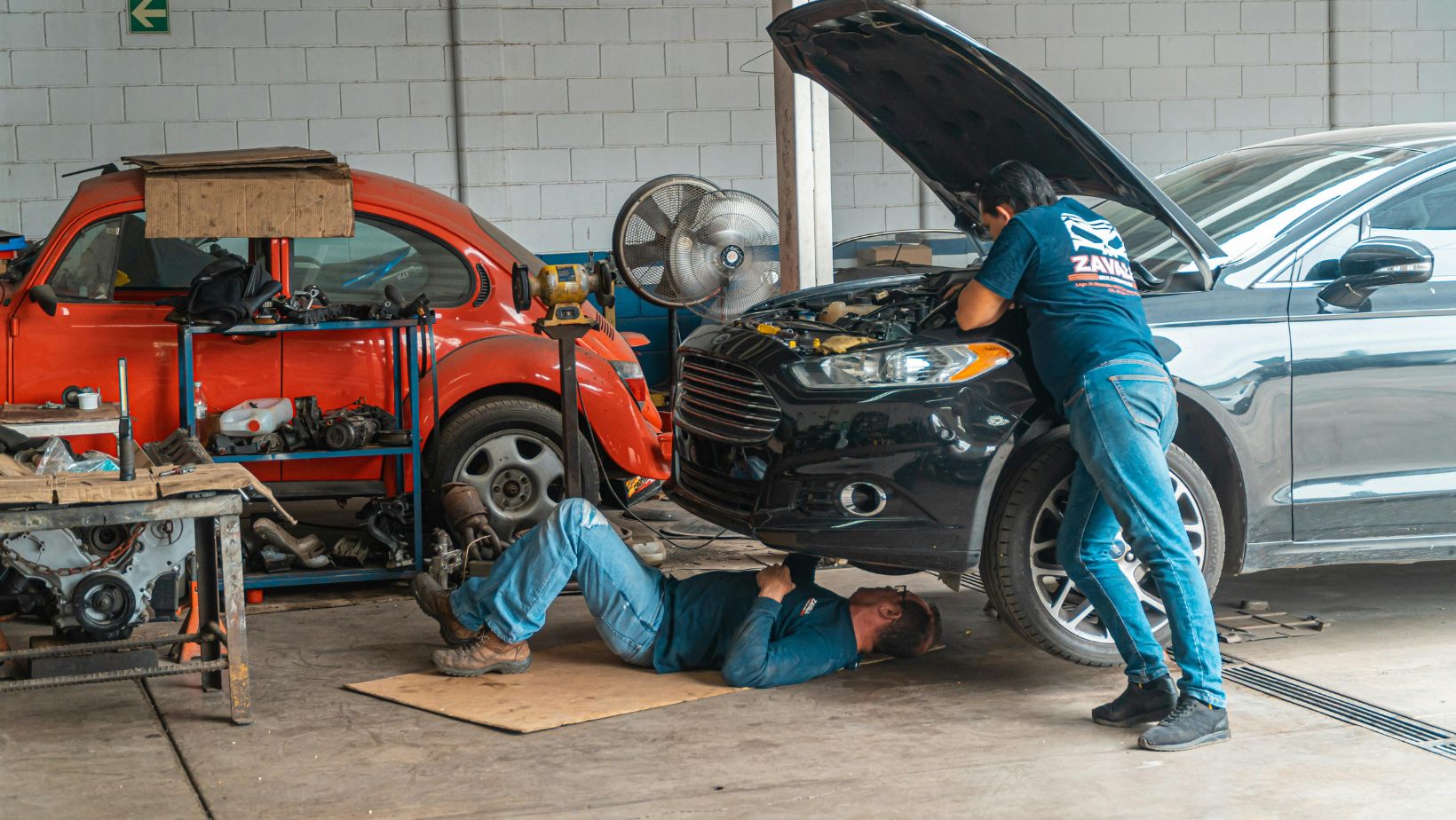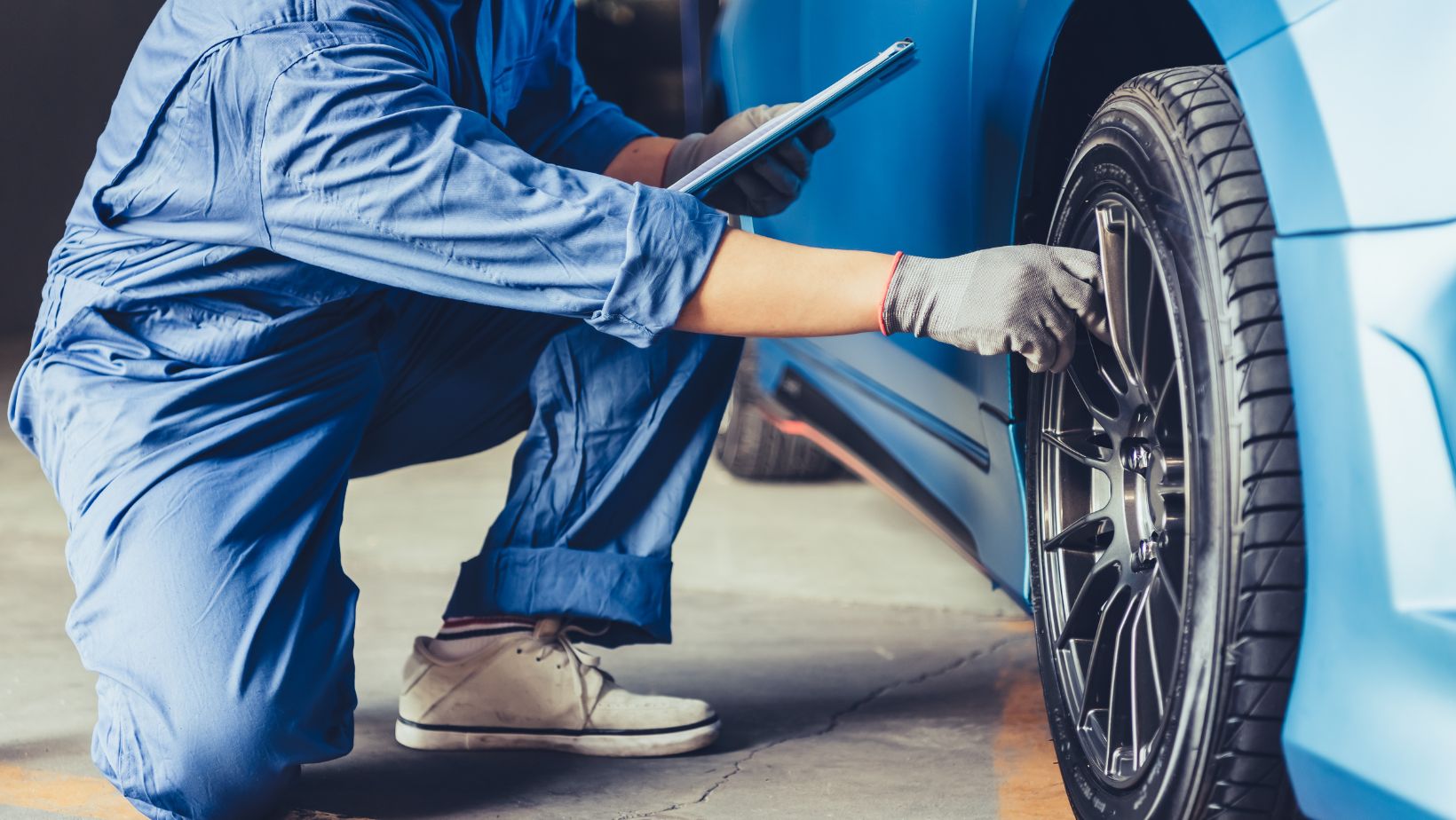
A breakdown is frustrating, costly, and often avoidable. Most cars stop working because of neglected maintenance, not sudden failure. By building consistent habits, you’ll keep your car running smoothly and avoid those dreaded roadside waits. Keep reading to discover the 7 habits that reduce breakdowns and improve your car’s reliability.
1. Monitor Tyre Pressure And Tread
Tyres affect grip, fuel use, and stopping distance. Low pressure wastes fuel and increases the risk of blowouts. Overinflation reduces traction, especially on wet roads where control is vital. In the UK, tread depth must legally be at least 1.6mm, though replacing tyres before that improves safety. Checking pressure and tread every two weeks helps prevent sudden failures.
2. Keep Fluids At The Right Levels
Your car depends on vital fluids, including oil, coolant, and brake fluid. Low oil may damage the engine, while poor coolant levels increase overheating risks, particularly during long summer drives or motorway trips.
Checking and topping up monthly keeps the system balanced. Brake fluid should be replaced every two years, as moisture build-up reduces efficiency and may compromise safety.
3. Stick To Service Schedules
Regular servicing stops minor issues from turning into costly repairs. Changing oil, filters, and worn parts extends engine life and keeps performance consistent. Skipping services shortens lifespan and raises the risk of breakdowns at inconvenient times.
 Car service providers like Fixter make it easier to stay on track, with simple online booking, collection, and delivery. This convenience means you’re less likely to delay essential checks.
Car service providers like Fixter make it easier to stay on track, with simple online booking, collection, and delivery. This convenience means you’re less likely to delay essential checks.
4. Watch Out For Warning Lights
Dashboard warning lights highlight problems before they escalate. Ignoring the oil pressure or engine light may cause severe engine damage. The battery warning light often signals alternator issues, which can leave you stranded if ignored. Always act quickly if the lights stay on and get a diagnostic check from a trusted mechanic before problems worsen.
5. Check Brakes Regularly
Faulty brakes aren’t just dangerous, but also one of the top MOT failure causes in the UK. Grinding noises, squeaks, or vibrations mean pads or discs might be worn or warped. Regular inspections every few months reduce risks, improve safety, and prevent more expensive replacements. Don’t wait until braking performance drops. Act as soon as you notice changes.
6. Maintain Battery Health
Flat batteries remain one of the UK’s most common causes of roadside callouts. Short trips often fail to recharge them fully, especially in winter. Driving regularly or using a trickle charger keeps them healthy and reliable. Cleaning corrosion from battery terminals with a safe brush also helps prevent poor connections that affect starting.
7. Replace Wipers And Bulbs Promptly
Clear visibility is vital in poor weather, and the UK has plenty of it. Worn wipers leave streaks across the screen, while faulty bulbs reduce your visibility and make it harder for other drivers to see you. Both are also common reasons for MOT failures. Replacing them as soon as they show signs of wear improves safety and ensures compliance.
Driving Smarter With Good Habits
Breakdowns don’t just happen. They often build up from neglect. By following these 7 maintenance habits, you’ll reduce risks, improve reliability, and cut repair costs. Start adopting these habits today and enjoy safer, more confident driving on UK roads.



